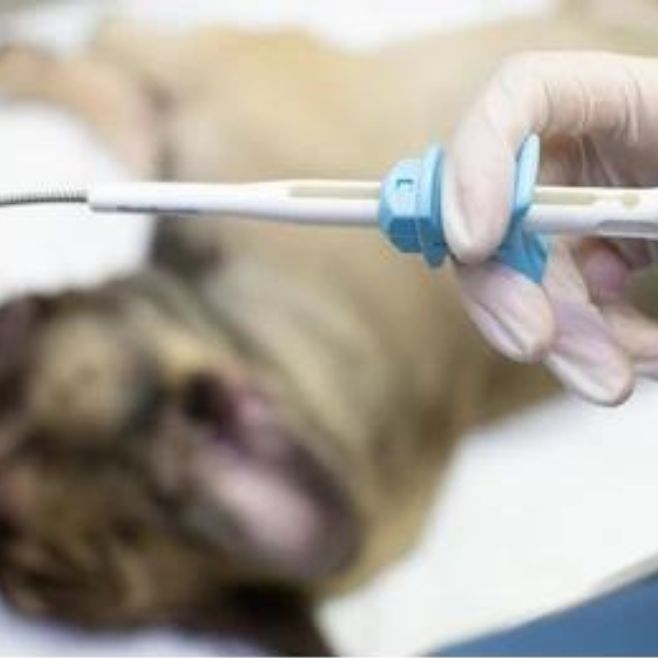
Spay & Neuter for Pets: The Importance of Sterilizing Your Furry Companions
Call (786) 536-5144
Spaying and neutering your pets is crucial for their health, safety, and the greater good of the animal community. Learn why it’s important and how to go about it in this informative article.

